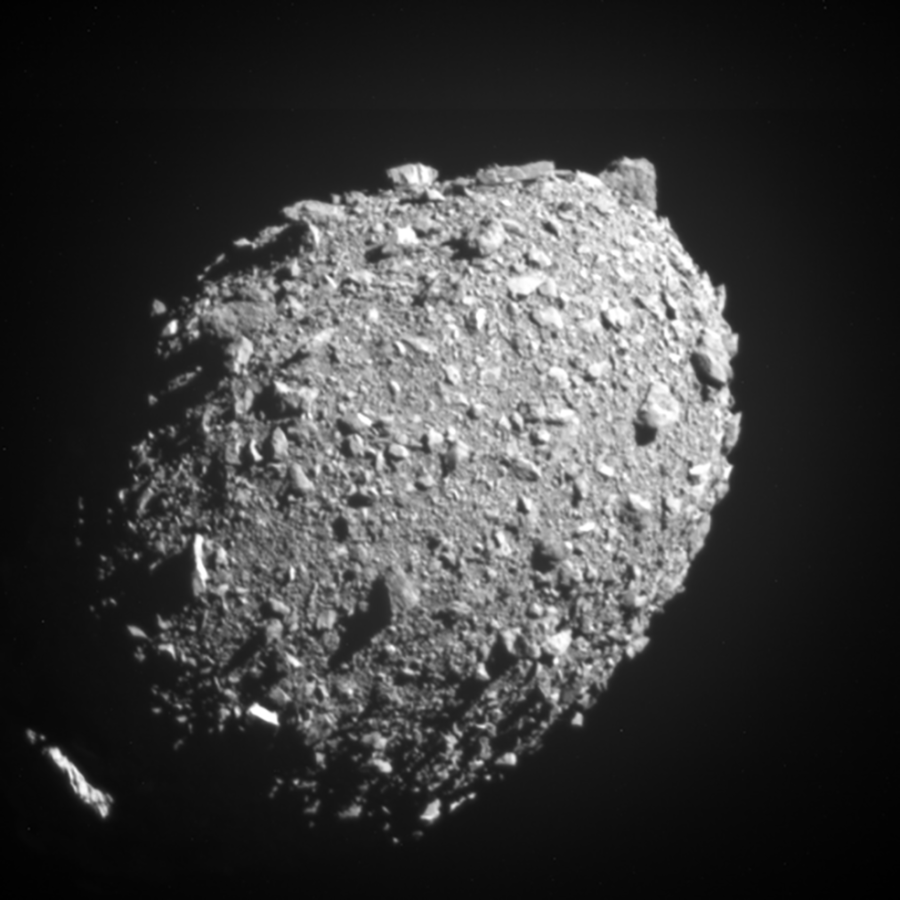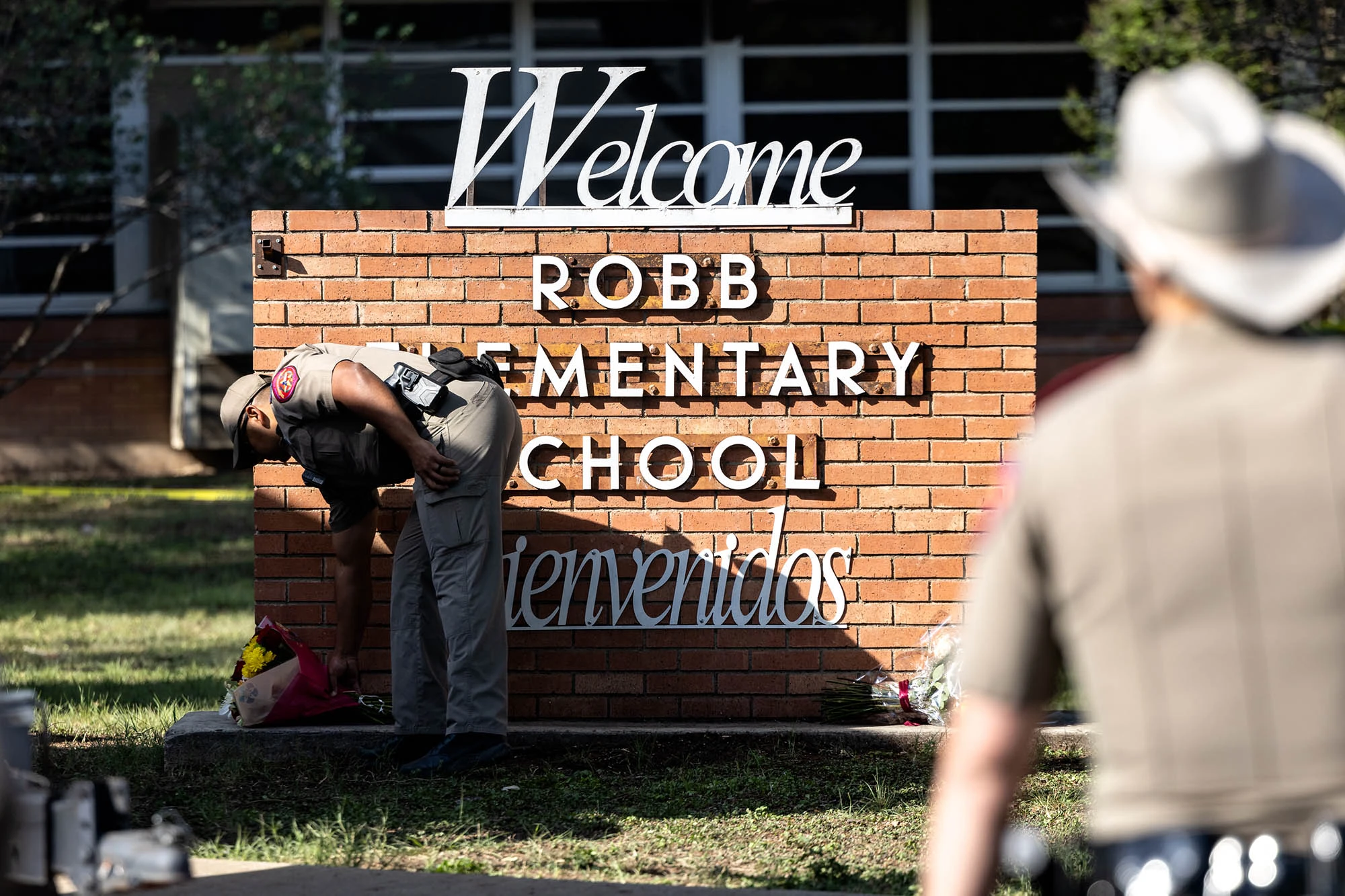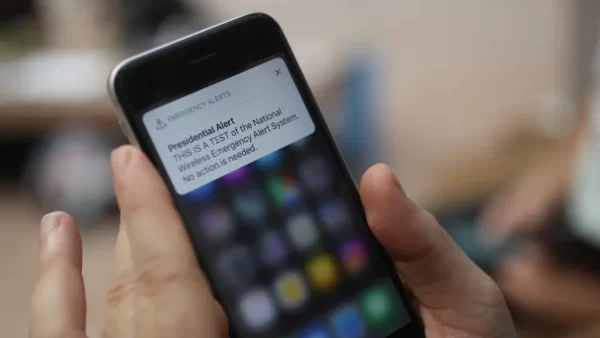NASA’s successful DART mission
October 14, 2022
On Nov. 23, 2021, the National Aeronautics and Space Administration (NASA) launched a Double Asteroid Redirection Test (DART) in hopes of redirecting an asteroid. On Monday Sept. 26, 2022, at 7:14 pm EST, DART successfully impacted its target asteroid, Dimorphos. This was the first-ever planetary defense test in human history.
DART, a 1,260 pound cube-shaped spacecraft, launched on a Falcon 9 rocket. Guided by systems like Didymos Reconnaissance and Asteroid Camera for Optical Navigation (DRACO) along with Small-body Maneuvering Autonomous Real Time Navigation (SMART Nav) algorithms, DART was able to complete the final 56,000 miles of the 7 million mile journey to Dimorphos.
Dimorphos is an asteroid moonlet about 530 feet in diameter. It orbits a larger asteroid, Didymos with a 2,560 foot diameter. While Dimorphos was never a threat to Earth, this mission has made headway on how to protect against future, more threatening asteroids.
The main goal of this mission was to deflect Dimorphos, not destroy it. This deflection will alter its orbit, and make it more gravitationally bound to Didymos, meaning that the binary system’s path around Earth will not change.
This mission also happened to be the first time two of NASA’s great observatories concurrently observed the same celestial target. The James Webb space telescope and the Hubble space telescope both captured this collision in different wavelengths. Webb used a Near-Infrared Camera (NIRCam) and was able to observe both before and after the impact. Hubble was also able to capture images before the impact, and then 15 minutes after. Hubble captured the clash in visible light and also showed movement of ejecta (particles ejected from the area). Astronomers are amazed at the detail that these telescopes were able to record, and the images have been incredibly useful for analyzing the effects of the impact.
Over the next few weeks, astronomers will continue to monitor Dimorphos and Didymos to see how much the orbit actually shifted. The hope is that it will be altered by 1%, about 10 minutes, from its original 11 hours and 55 minutes.













